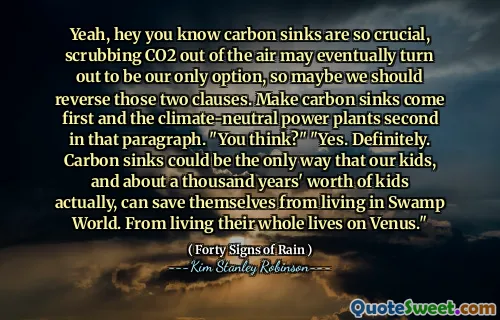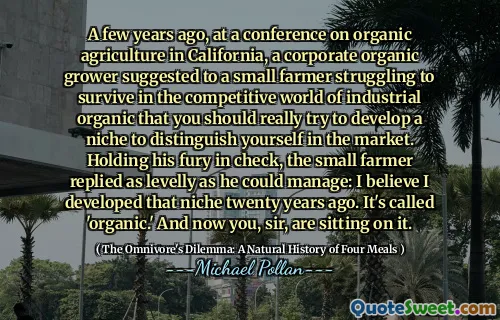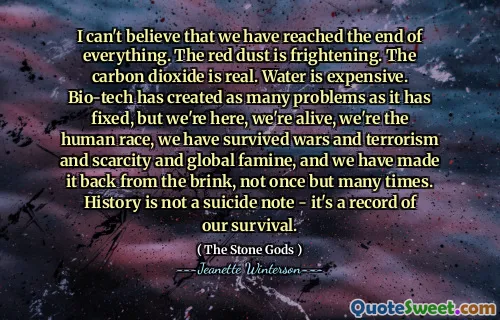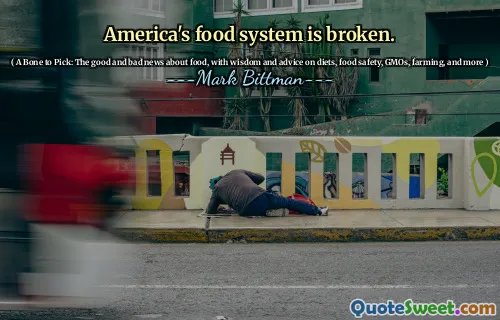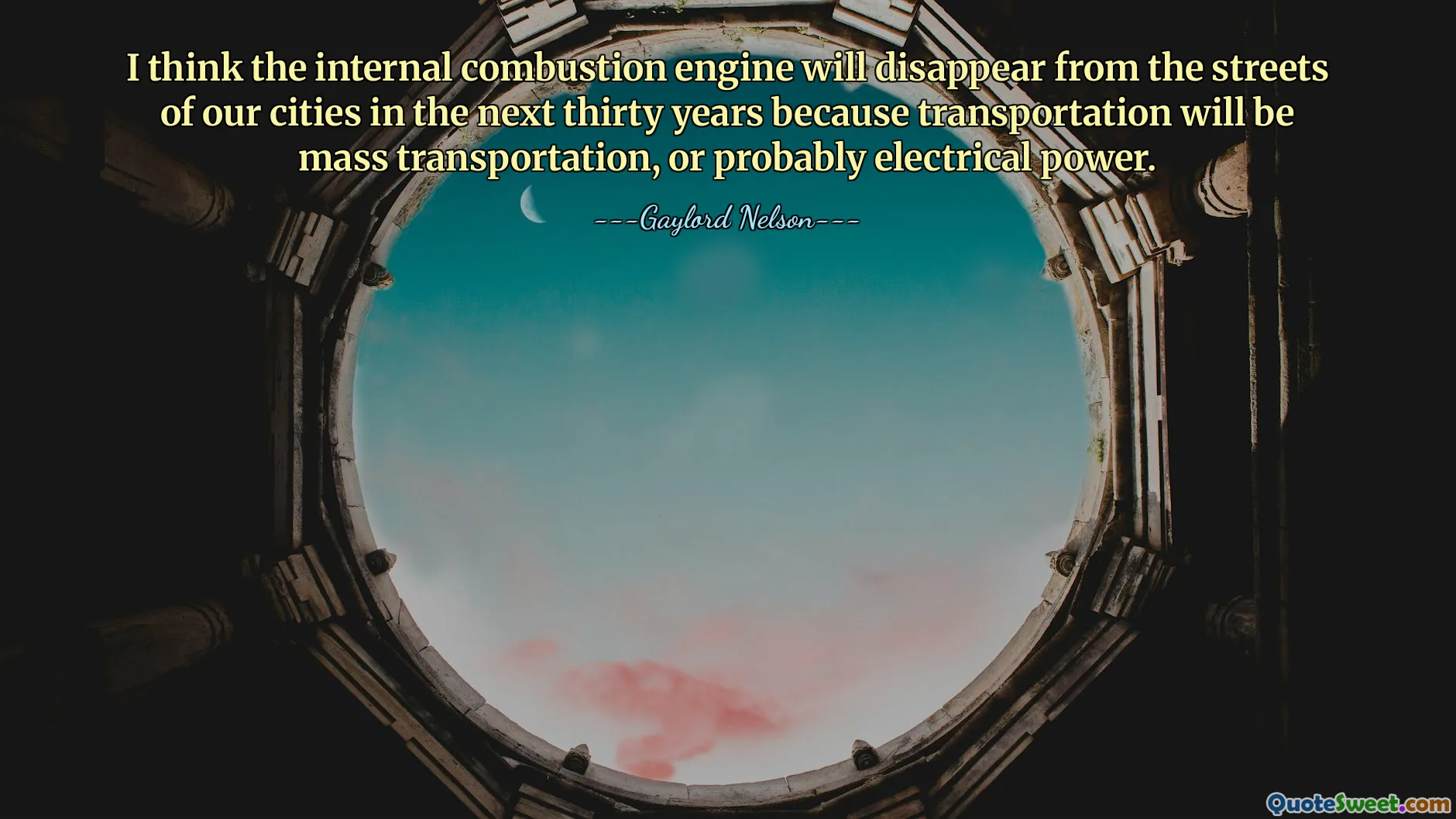
I think the internal combustion engine will disappear from the streets of our cities in the next thirty years because transportation will be mass transportation, or probably electrical power.
This quote touches on a forecast that anticipates significant technological and infrastructural shifts in urban transportation over the next three decades. The prediction of the decline of the internal combustion engine (ICE) reflects ongoing concerns about environmental sustainability, climate change, and the push for cleaner energy sources. As urban areas grapple with pollution, greenhouse gas emissions, and congestion, the transition toward mass transportation and electrical power becomes not only desirable but increasingly inevitable. Advancements in electric vehicle (EV) technology, consumer acceptance, and supportive policies are driving this trend, making traditional gasoline-powered cars less viable within city environments. The shift toward electrification and mass transit could lead to numerous benefits, such as reduced air pollution, improved public health, and a decrease in dependence on fossil fuels. However, transitioning to widespread electric and mass transportation systems also presents challenges, including infrastructure development, energy grid capacity, and economic adjustments in the automotive and fuel industries. Overall, this quote encapsulates a hopeful vision of cities evolving into cleaner, more efficient spaces, where sustainable transport solutions dominate the landscape. It prompts reflection on the importance of innovation, policy support, and consumer behavior change to realize this future. Whether this transition will fully materialize within the next thirty years remains uncertain, but the direction suggested aligns with the global emphasis on sustainability and technological progress.






